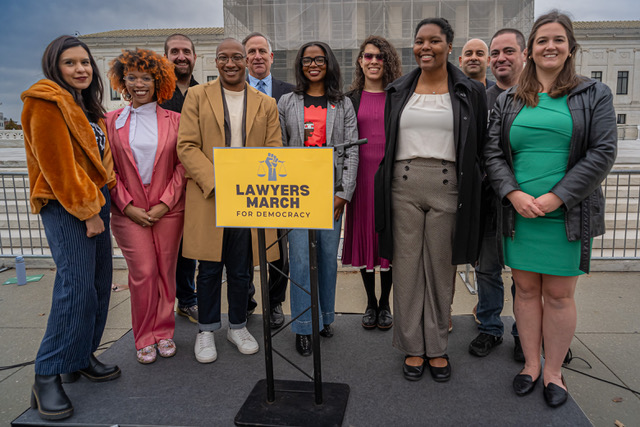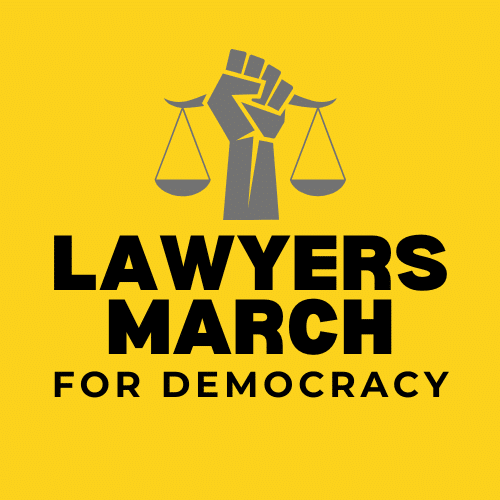A New Report Reveals Corporate and Prosecutorial Backgrounds Vastly Outweigh Judges with Civil Rights and Public Defense Experience
North Carolina: In a new report, “Imbalanced Justice: North Carolina,” by Faith Allen, a State Courts Fellow with the People’s Parity Project and student from North Carolina Central University, a comprehensive analysis of the professional backgrounds of North Carolina’s appellate and superior court judges reveals a concerning lack of representation of those who served marginalized individuals and communities versus those representing a corporate or prosecutorial background. “As a law student, I have learned how important judges are in the ability for people to access justice. This prompted my interest in understanding more about the backgrounds of judges elected to the bench in my state. Their backgrounds have the potential to influence fair outcomes for future clients, and directly impact the lives of people who need the justice system to be fair and impartial,” said Faith Allen, report author.
Key findings of the report include:
Superior Courts:
- Only 16% have backgrounds as public defenders.
- A mere 2% have legal aid experience.
- Around 46% of judges are former prosecutors.
- 100% of the state’s business court judges have worked on behalf of corporations.
- Nearly 9% worked in corporate defense—three times the number with experience in civil rights or plaintiffs’ litigation (3% each).
Appellate Courts:
- Only 5% come from legal aid backgrounds.
- Just 10% have civil rights experience.
- One-third (33%) are former prosecutors, and another third have worked in corporate defense.
“With 95% of legal cases filed in state courts, the findings of this report raise urgent questions about the impact pro-corporate judges can have on nearly every aspect of our lives, from voting rights to child custody determinations. A growing body of research has demonstrated that judges with public defense backgrounds are less likely to issue punitive sentences; conversely, former prosecutors and corporate lawyers were more likely to rule for corporations over workers in employment cases. It is time the public re-examine the backgrounds of who makes it to the bench, especially when the stakes for our democracy couldn´t be higher,” said Molly Coleman, Executive Director of People’s Parity Project.
Follow PPP

LAWYERS MARCH FOR DEMOCRACY ON THE SUPREME COURT
Lawyers, Jurists, Law Students, and Elected Officials Rally at Supreme Court to Defend the Constitution…

Nov. 15: Lawyers March for Democracy at Supreme Court
MEDIA ADVISORY FOR: November 15, 2025 CONTACT: Julie Blust, pppcomms@proton.me LAWYERS MARCH FOR DEMOCRACY URGES ‘COURAGE…

